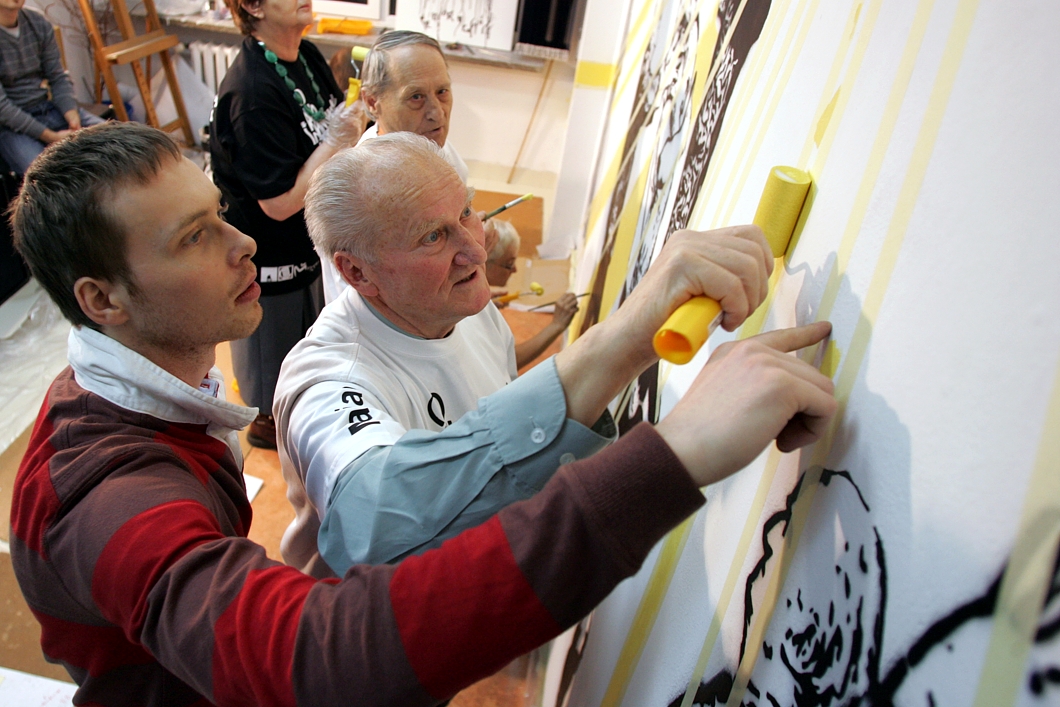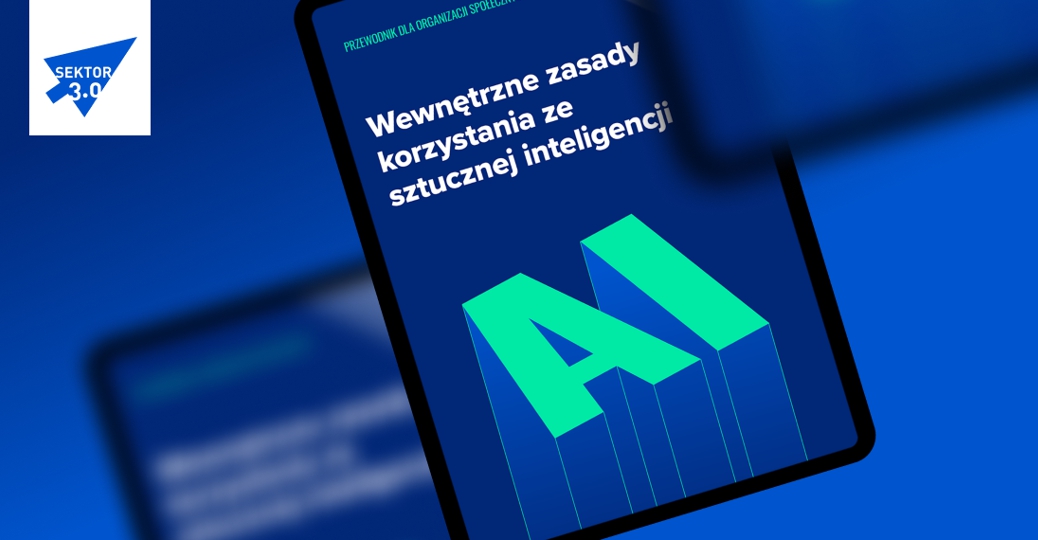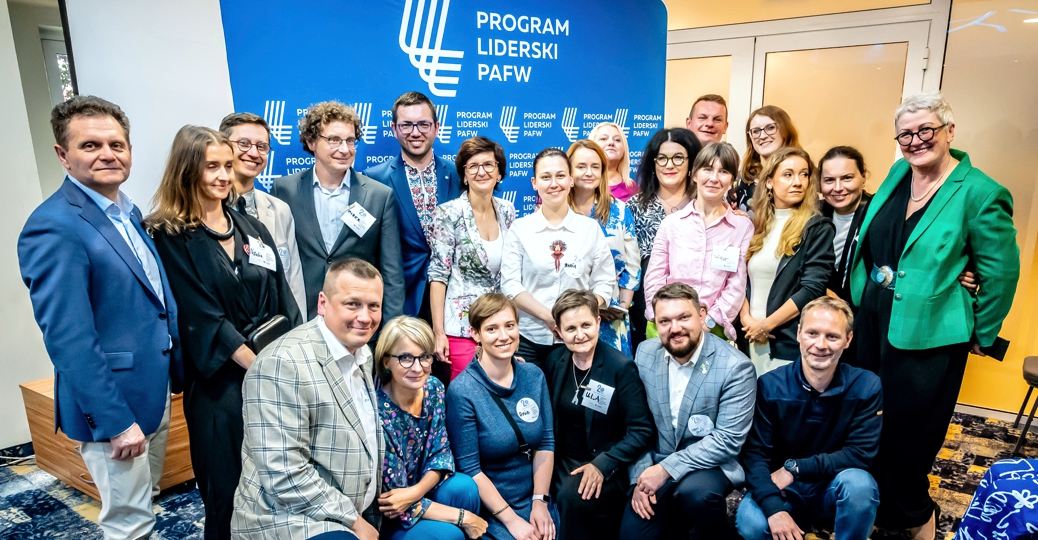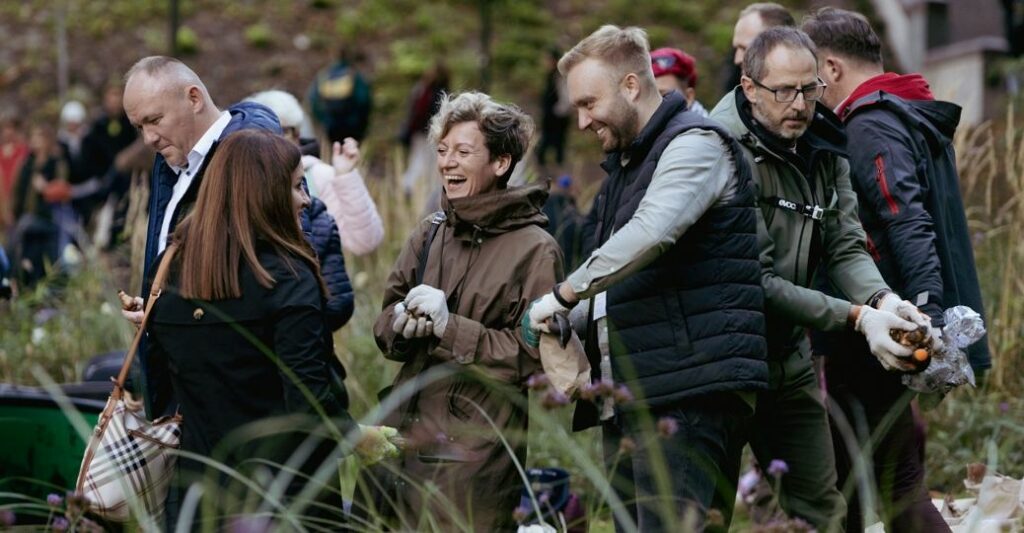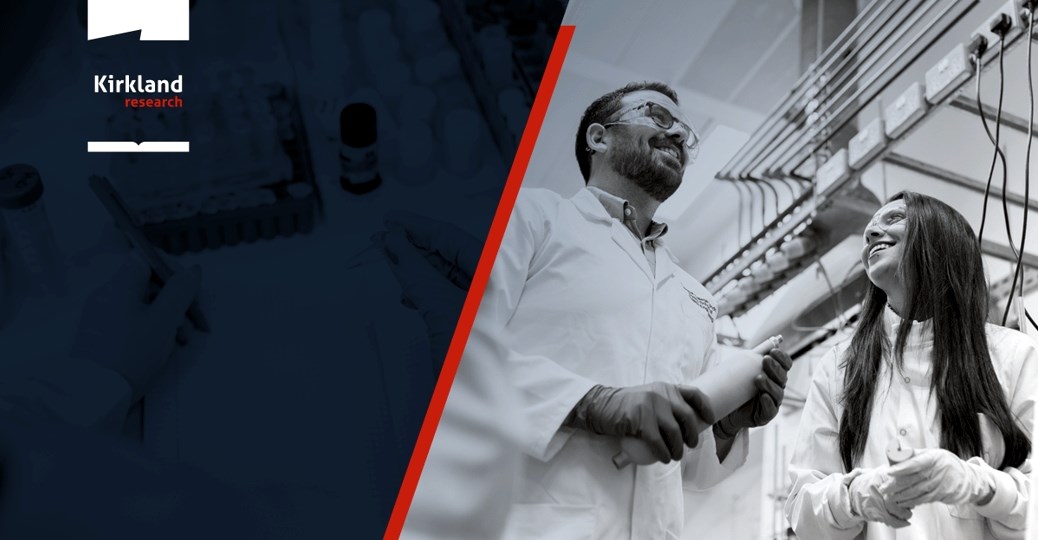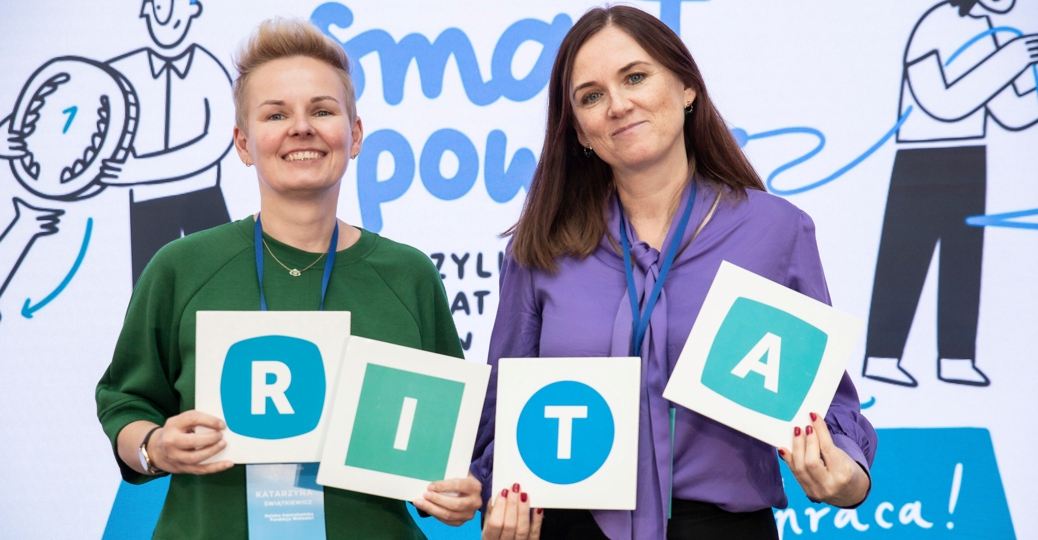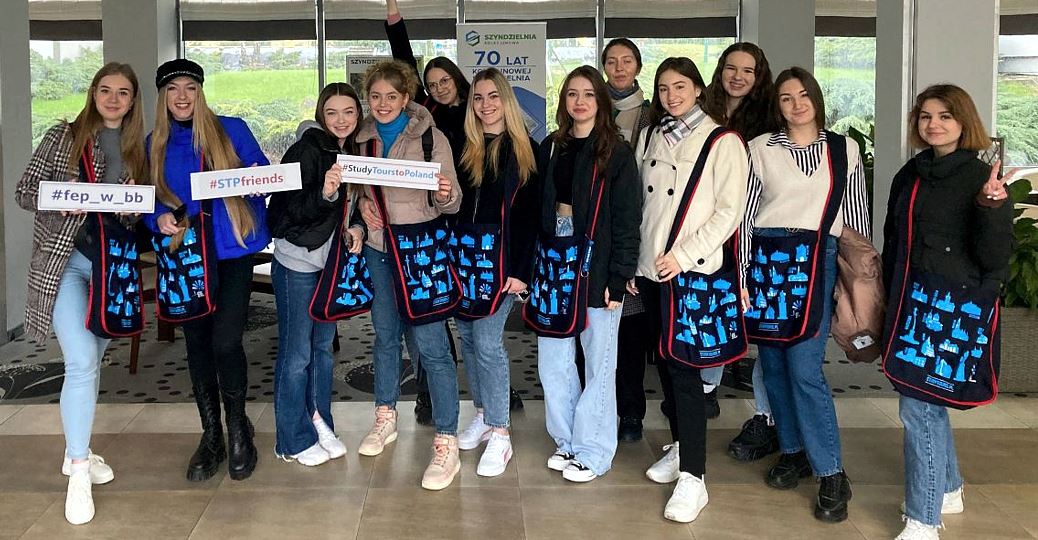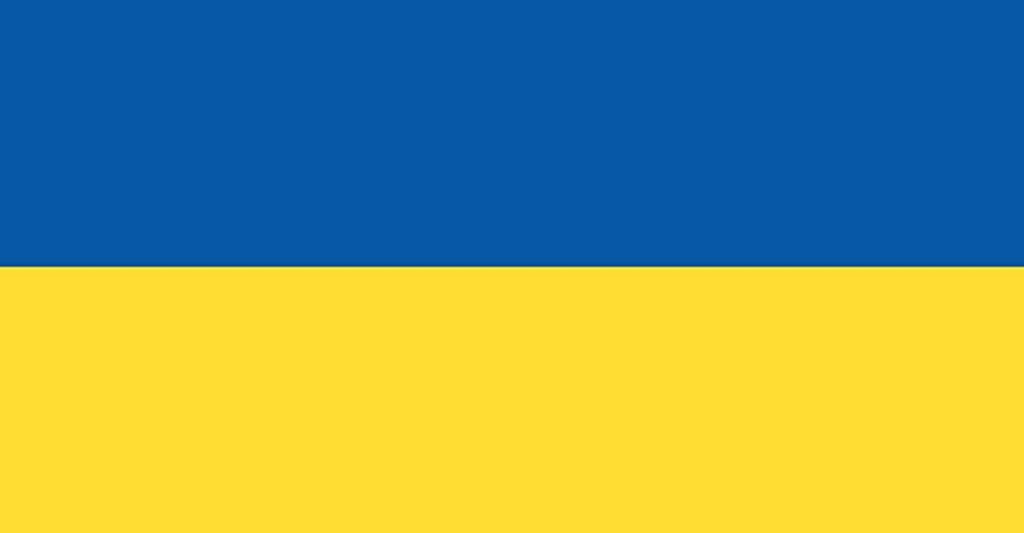(As of March, 25)
As the war in Ukraine escalates hundreds of thousands of refugees are coming to Poland. The majority of them are children and teens. Their education is one of the key challenges Polish schools are facing. The refugees are assisted by Polish NGOs which have been supporting local governments and educational institutions in their efforts to organize care, integration and teaching for refugee children from the first days of the war.
Our Partners have been actively supporting school directors and teachers in their preparations for admission of students from Ukraine under PAFF programs as well as other initiatives. They have been organizing numerous meetings and webinars showing how schools can get involved in activities for the benefit of Ukraine. They have been informing about various forms of organization for teaching children from Ukraine, such as preparatory classes, intercultural assistance, extra lessons of Polish, extra-curricular classes, or work of school common rooms.
Over the last three weeks many meetings and webinars were held, as well as series of guides for teachers and other programs participants were published. PAFF programs’ experts, including teachers and school directors experienced in work with migrant children, share their expertise and explain how to talk to children about the reasons of Russian attack on Ukraine, how to work with classes where children from Ukraine, Belarus and Russia are learning together, or how to build relations of children of various nations or ethnic backgrounds, react to students’ fears and strong emotions, counteract fake news and disinformation, as well as have close contact with the students’ parents in this dramatic situation.
The Center for Citizenship Education Foundation, the Manager of the “Learning Schools” Program uses experiences of Let’s Talk About Refugees project that has been carried out since 2015. On the first day of war CEO prepared a webinar, The War in Ukraine. How to Talk about it with Children and Teens; it was met with great interest (so far over 35,000 people have viewed it). On the following days they broadcast other webinars: How to Prepare your School for the Admission of Students from Ukraine attended by almost 1,000 school directors and How to Prepare a Class for the Admission of a Student from Ukraine, that was participated by almost 3,000 people. Also, a webinar on Conversation with Students on Migration Challenges at School was held. The recorded meetings and all kinds of educational material with guides on organization, didactics and work with students from Ukraine have been posted on Polska-Ukraina. Razem w szkole. (Poland and Ukraine. Together at School).
The School with Class Foundation is the PAFF Partner that manages the “School with Class” Program and is involved in Young Explorer Clubs (YEC) activities in Ukraine (an initiative implemented as part of the “Equal Opportunities” Program). The Foundation supports NGOs, as well as teachers and educators involved in YEC in evacuating them and settling in Poland. Additionally, it has organized a series of meetings with psychologists supporting teachers who participate in their programs. It has also held two open webinars on coping with stress which were viewed by over 6,000 people. Another training session on various forms of supporting students during the war in Ukraine is planned for March 29. The School with Class Foundation has also prepared school aids for teachers to be used in class.
At the PAFF and UW School of Education there are teachers from Ukraine among students and alumni of postgraduate courses. Their experience is especially useful in the present situation. The School of Education’s staff has analyzed core curricula in math, history and biology, compared requirements for Polish and Ukrainian students, and identified educational needs of students from Ukraine. As a result guides for Polish, mathematics, biology and history have been prepared. The School of Education has also held three open webinars for teachers on how to talk with students about the war, teaching Polish-Ukrainian history, and methods of integrating Polish and Ukrainian teenagers. These webinars have been watched by about 4,000 people. The materials to these webinars are available on https://szkolaedukacji.pl/aktualnosci/. On March 31 enrollment in a course for Polish teachers who are preparing to conduct classes of Polish as a foreign language will be launched, addressed to the School of Education staff, teachers-mentors and graduates.
The “NIDA” Development Foundation, the Manager of the “English Teaching” Program, has been active in intercultural education for two decades. In many schools, teachers of English are in charge of the first contact and assisting foreign students to adapt. Therefore the English Teaching Program Team is focusing its attention on preparing English teachers of small towns and villages to support students from Ukraine not only in communication with Polish children and young people but also in formal and everyday issues of their families. The “NIDA” Foundation is also actively supporting a family orphanage in Chernihiv and preparing local community to play hosts to families from Ukraine.
Additionally, the managers of PAFF programs are working out their strategies of long term activities. They are carrying out a diagnosis of schools’ and teachers’ needs, analyzing implemented in other countries solutions in the area of intercultural education and integration of foreign students, cooperating with the network of educational organizations in Poland and abroad, and mobilizing their instructors to work with schools.









